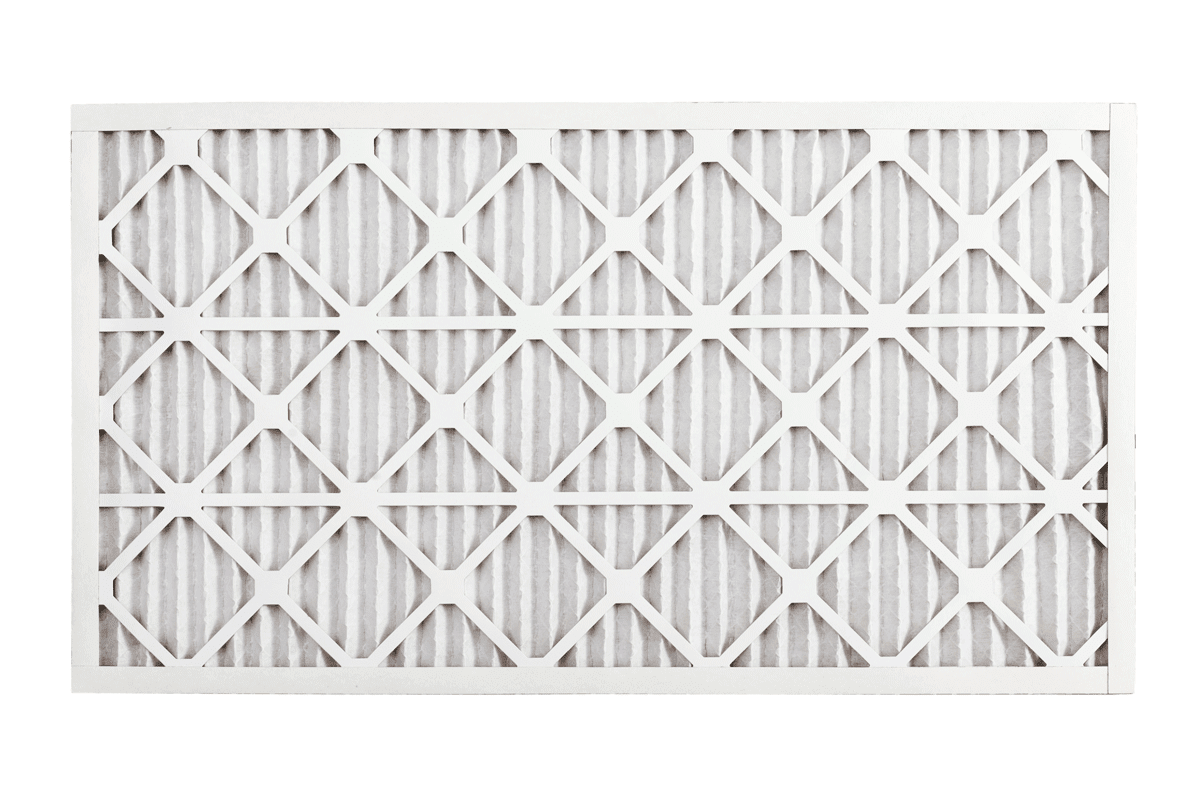
How Often Should You Change Your HVAC Air Filter?

When it comes to maintaining your HVAC system, one of the simplest yet most critical tasks is changing the air filter. For homeowners in Houston, where the weather can be particularly demanding, knowing when to change your HVAC air filter is essential for keeping your system running efficiently and ensuring good indoor air quality. In this blog, we’ll explore the factors that influence how often you should change your air filter, the benefits of regular replacement, and what can happen if you neglect this vital maintenance task.
Why Air Filter Replacement Matters
Your HVAC system’s air filter plays a crucial role in maintaining both the performance of your system and the quality of the air you breathe. The primary functions of an air filter include:
– Filtering Dust and Particles: Air filters trap dust, pollen, pet dander, and other airborne particles, preventing them from circulating through your home.
– Protecting HVAC Components: By filtering out debris, air filters help protect the internal components of your HVAC system, such as the blower motor and coils, from damage and wear.
– Improving Indoor Air Quality: Clean air filters ensure that the air circulating in your home is as free from pollutants as possible, which is especially important for those with allergies or respiratory conditions.
Factors That Influence Air Filter Replacement Frequency
The frequency with which you should change your HVAC air filter depends on several factors:
- Type of Air Filter:
– Fiberglass Filters: Typically the least expensive, these filters need to be replaced every 30 days.
– Pleated Filters: These offer better filtration and can last up to 90 days.
– High-Efficiency Filters: Such as HEPA filters, which can last up to 6 months but are often used in specialized HVAC systems.
- Household Size and Occupancy:
– Larger households with more occupants tend to generate more dust and pollutants, necessitating more frequent filter changes.
– Homes with pets should change filters more often due to pet dander.
- Allergies and Respiratory Conditions:
– If anyone in your household suffers from allergies or asthma, it’s advisable to change your filter more frequently to ensure optimal air quality.
- Environmental Factors:
– Living in an area with high levels of dust, construction, or pollution can clog filters faster, requiring more frequent changes.
- HVAC Usage:
– During peak seasons (summer and winter), when the HVAC system is used more intensively, filters should be checked and replaced more frequently.
Recommended Replacement Schedule
Based on the above factors, here are general guidelines for how often you should change your HVAC air filter:
– Every 30 Days: For basic 1-2 inch fiberglass filters.
– Every 60-90 Days: For pleated 1-2 inch filters in an average home without pets.
– Every 20-45 Days: If you have multiple pets or allergies.
– Every 6-12 Months: For high-efficiency filters like HEPA, especially in a less polluted environment.
The Benefits of Regular Filter Replacement
Regularly replacing your HVAC air filter offers numerous benefits:
– Improved Air Quality: Ensures the air in your home is clean and free from harmful pollutants.
– Enhanced HVAC Efficiency: A clean filter allows your HVAC system to run more efficiently, reducing energy consumption and lowering your utility bills.
– Extended System Lifespan: Regular maintenance prevents undue strain on your HVAC system, prolonging its operational life.
– Reduced Maintenance Costs: Preventing debris buildup helps avoid costly repairs and system breakdowns.
Consequences of Neglecting Filter Replacement
Failing to replace your air filter regularly can lead to several issues:
– Poor Air Quality: A dirty filter can’t effectively trap pollutants, leading to degraded indoor air quality.
– Increased Energy Bills: Clogged filters force your HVAC system to work harder, consuming more energy.
– System Overheating: Restricted airflow can cause your HVAC system to overheat, potentially leading to system failure.
– Costly Repairs: Neglecting filter replacement can result in damage to your HVAC components, necessitating expensive repairs or even system replacement.
Tips for Remembering to Change Your Air Filter
To ensure you never forget to change your air filter, consider these tips:
– Set Reminders: Use a calendar or smartphone app to set reminders for regular filter checks and replacements.
– Label Filters: Write the date of installation on the filter to easily track how long it has been in use.
– Subscribe to a Delivery Service: Some companies offer subscription services that deliver filters to your home at regular intervals.
Changing your HVAC air filter is a simple yet crucial maintenance task that significantly impacts your system’s efficiency and the air quality in your home. For Houston residents, considering the local climate and potential allergens, it’s essential to stay on top of this task. By understanding the factors that influence filter replacement frequency and adhering to a regular schedule, you can ensure a healthier home environment and a more efficient HVAC system.
If you need assistance with your HVAC system or have questions about air filter replacement, don’t hesitate to contact Air Specialist. Our team of professionals is here to help you maintain a comfortable and healthy home.
Post Categories
Why Choose Us?
- We're strategically located in Pearland, TX
- Expertise to service all of your HVAC equipment
- Our technicians are NATE-certified
- We are an ACCA member company
- BBB accredited south Texas HVAC business
- We stand behind all of our HVAC work
